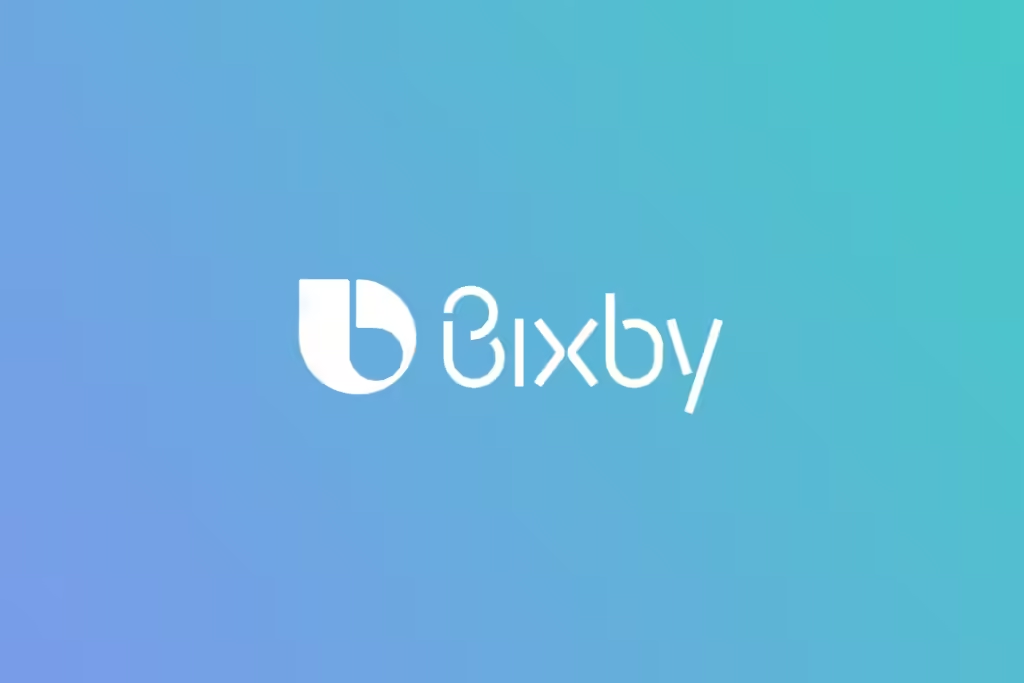Samsung, a global leader in technology and innovation, has always been at the forefront of integrating smart assistants into its ecosystem. One of its most notable contributions to this arena is Bixby, the AI-powered virtual assistant launched in 2017. Despite facing stiff competition from industry giants like Amazon’s Alexa, Google Assistant, and Apple’s Siri, Samsung has remained committed to Bixby, continuously evolving and improving its capabilities. In recent statements, Samsung has made it clear that Bixby is here to stay, and they have ambitious plans for its future.
The Genesis of Bixby
Bixby was introduced as a part of Samsung’s broader strategy to enhance user experience across its diverse range of products. Unlike other virtual assistants, Bixby was designed with a deep integration into Samsung’s ecosystem, allowing it to perform tasks and control devices more seamlessly. The assistant was initially featured in the Samsung Galaxy S8 and S8+ and has since become a staple in Samsung’s flagship devices.
Key Features of Bixby
Bixby distinguishes itself with several unique features that highlight its potential and versatility:
- Bixby Voice: This allows users to control their devices using natural language commands. Bixby Voice can handle complex instructions, perform multi-step tasks, and even integrate with third-party apps.
- Bixby Vision: Utilizing the device’s camera, Bixby Vision provides real-time information about the world around you. It can recognize objects, translate text, and even provide shopping links for identified products.
- Bixby Routines: This feature automates daily tasks based on user habits and preferences. For instance, Bixby can adjust settings, play music, or remind users of important tasks based on time, location, and usage patterns.
- Bixby Home: An intelligent interface that presents relevant information and app suggestions based on user behavior and preferences.
Samsung’s Commitment to Bixby
Samsung’s unwavering commitment to Bixby is evident through its continuous investment in research and development. The company has been expanding Bixby’s capabilities and improving its integration with other Samsung devices, including smart TVs, refrigerators, and home appliances. Samsung’s vision for Bixby extends beyond just smartphones, aiming to create a cohesive and interconnected smart ecosystem.
- Integration with SmartThings: Samsung’s SmartThings platform is central to its smart home strategy. Bixby’s integration with SmartThings allows users to control various smart home devices using voice commands, making it an essential component of Samsung’s smart home ecosystem.
- AI and Machine Learning: Samsung has been leveraging advancements in AI and machine learning to enhance Bixby’s natural language processing and understanding. This enables Bixby to handle more complex queries and provide more accurate responses.
- Expanding Language Support: Recognizing the global nature of its user base, Samsung has been expanding Bixby’s language support, making it accessible to a broader audience.
Bixby’s Role in Samsung’s Ecosystem
Bixby plays a crucial role in Samsung’s vision of a connected ecosystem. The virtual assistant is designed to be the central hub for controlling and interacting with various Samsung devices. This integration provides a seamless user experience, allowing users to control their smart devices with ease.
- Smartphones and Tablets: Bixby is deeply integrated into Samsung’s smartphones and tablets, providing a range of functionalities from setting reminders to controlling device settings.
- Smart TVs: Bixby enhances the smart TV experience by allowing users to search for content, control playback, and manage settings using voice commands.
- Home Appliances: Samsung has integrated Bixby into its range of smart home appliances, including refrigerators, washing machines, and air conditioners. This allows users to control these devices using voice commands, adding convenience and efficiency to daily tasks.
Challenges and Competition
Despite its innovative features and deep integration, Bixby has faced significant challenges in gaining widespread adoption. The competition from established players like Alexa, Google Assistant, and Siri has been intense. These competitors have a larger user base and more extensive third-party support, making it difficult for Bixby to stand out.
- Market Perception: One of the main challenges for Bixby has been market perception. Early versions of Bixby received mixed reviews, with users citing issues with accuracy and limited functionality compared to competitors. Samsung has been working diligently to address these concerns and improve Bixby’s performance.
- Third-Party Integration: While Samsung has made strides in integrating Bixby with its own products, third-party integration remains a challenge. Competing assistants benefit from extensive support from third-party developers, giving them an edge in terms of functionality and versatility.
- User Engagement: Engaging users and encouraging them to use Bixby regularly is another challenge. Many users are already accustomed to using other virtual assistants, and convincing them to switch can be difficult.
Samsung’s Strategy to Overcome Challenges
To overcome these challenges, Samsung has implemented several strategies aimed at improving Bixby’s capabilities and increasing its adoption.
- Continuous Improvement: Samsung has been continuously improving Bixb’y through regular updates and enhancements. These updates focus on improving natural language processing, expanding functionality, and enhancing overall performance.
- Partnerships and Collaborations: Samsung has been actively seeking partnerships and collaborations with third-party developers to expand Bixby’s capabilities. By integrating with popular apps and services, Samsung aims to make Bixb’y more appealing to users.
- Marketing and Awareness: Samsung has been investing in marketing campaigns to raise awareness about Bixby’s features and capabilities. These campaigns highlight the unique benefits of using Bixb’y and aim to attract new users.
- User Feedback: Samsung values user feedback and has been actively seeking input from Bixb’y users to identify areas for improvement. This feedback is used to refine Bixby’s features and address user concerns.
The Future of Bixby
Samsung’s commitment to Bixby indicates a bright future for the virtual assistant. As technology continues to evolve, Samsung is poised to leverage advancements in AI and machine learning to further enhance Bixby’s capabilities.
- Integration with 5G: The rollout of 5G technology presents new opportunities for Bixb’y. Faster connectivity will enable more responsive and efficient interactions, enhancing the overall user experience.
- Enhanced Personalization: Samsung aims to make Bixb’y more personalized by leveraging AI to understand user preferences and habits better. This will allow Bixb’y to provide more relevant and tailored recommendations.
- Expansion into New Markets: Samsung plans to expand Bixby’s reach into new markets, making it available to a broader audience. This includes expanding language support and localizing features to cater to different regions.
- Innovation in Smart Home Technology: As smart home technology continues to advance, Bixb’y will play a central role in managing and controlling smart devices. Samsung’s vision of a fully connected smart home ecosystem relies heavily on Bixby’s capabilities.
Conclusion
Bixby is an integral part of Samsung’s vision for the future of technology. Despite facing challenges and competition, Samsung’s commitment to continuous improvement and innovation ensures that Bixb’y is here to stay. With advancements in AI, expanding integration, and a focus on user experience, Bixb’y is poised to become an even more essential component of Samsung’s ecosystem. As Samsung continues to push the boundaries of technology, Bixby will undoubtedly play a pivotal role in shaping the future of smart devices and virtual assistants.







